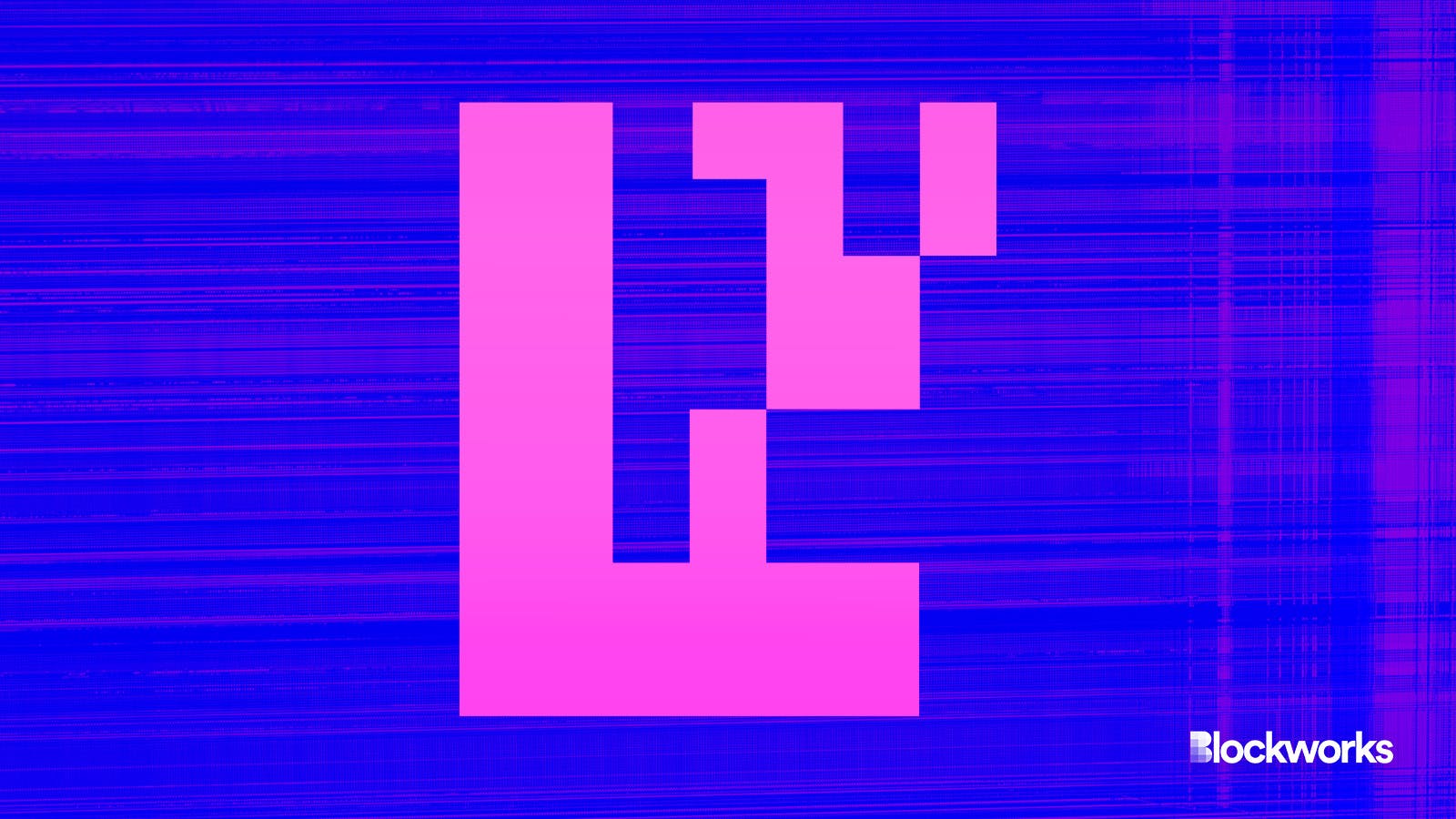Restaking protocol EigenLayer heads to Ethereum mainnet
In-protocol payments and slashing won’t go live until the marketplace stabilizes

EigenLayer and Adobe Stock modified by Blockworks
EigenLayer, the highly-anticipated Ethereum restaking protocol that has attracted billions of dollars worth of customer deposits, went to mainnet Tuesday afternoon.
EigenLayer’s data availability solution, named EigenDA, also went live as an actively validated service (AVS) built on top of EigenLayer.
The launch came with training wheels of sorts, however, as critical components of EigenLayer are not set to go live until later this year.
Ethereum is secured by ether (ETH) that is staked, or pledged to earn yield in return for accurately verifying transactions. EigenLayer takes this a step further with restaking, which allows staked ETH be restaked and used to secure and run AVSs, which are various blockchain-based platforms built on EigenLayer.
Read more: Restaking platform EigenLayer ‘flips’ Aave in TVL
With the mainnet launch, restakers can now delegate their restaked balance to EigenLayer operators, who can then run AVSs.
EigenLayer’s total value locked (TVL) has raced above $13 billion in the past few months, making it the second-largest DeFi protocol according to DeFiLlama. EigenLayer’s offering of points for depositors, which some speculate will determine allocation in a future token, played a major part in the rapid growth.
It has also benefited from the popularity of liquid restaking tokens that restake deposits and issue liquid tokens in return, similarly to how Lido’s stETH works.
Read more: DeFi ‘points’ farming has reshaped the crypto investment landscape
Some have expressed concerns over potential risks that could stem from restaking, which until now was a totally unproven model for Ethereum security.
Any risk that EigenLayer could create “feels very systemic,” Sebastian Higgs, chief operating officer of Cordial Systems, told Blockworks prior to the mainnet launch.
“If there is an issue, the knock-on impact could be far reaching and so that’s why I’m proceeding very cautiously and I still have more questions than answers at this point,” said Higgs.
Whatever those risks may be, they aren’t likely to surface quite yet. In an X thread announcing its mainnet, EigenLayer said it would allow its marketplace to “develop and stabilize” before introducing in-protocol payments and slashing later this year. In this case, slashing refers to an EigenLayer operator being financially punished for not adhering to rules set by an AVS.
If payments are enabled before slashing, operators and liquid restaking tokens would likely support every AVS, Ian Unsworth, co-founder of Kairos Research, told Blockworks. “[B]ut once slashing gets implemented, we will see a ‘de-leveraging’ so to speak, as the stake gets re-delegated to reflect the actual risk.”
The mainnet launch means some large venture bets will start to play out. A16z invested $100 million into Eigen Labs in February, adding to the $50 million it raised in early 2023. Multiple recently-funded startups are also teed up to become AVSs, including shared sequencer marketplace Espresso and restaked rollup provider AltLayer.
Read more: Espresso lands $28M to become marketplace for shared sequencing
Elsewhere, investors have seemingly taken a liking to liquid restaking projects like ether.fi, which announced its $23 million Series A in February.
Get the news in your inbox. Explore Blockworks newsletters:
- The Breakdown: Decoding crypto and the markets. Daily.
- 0xResearch: Alpha in your inbox. Think like an analyst.






